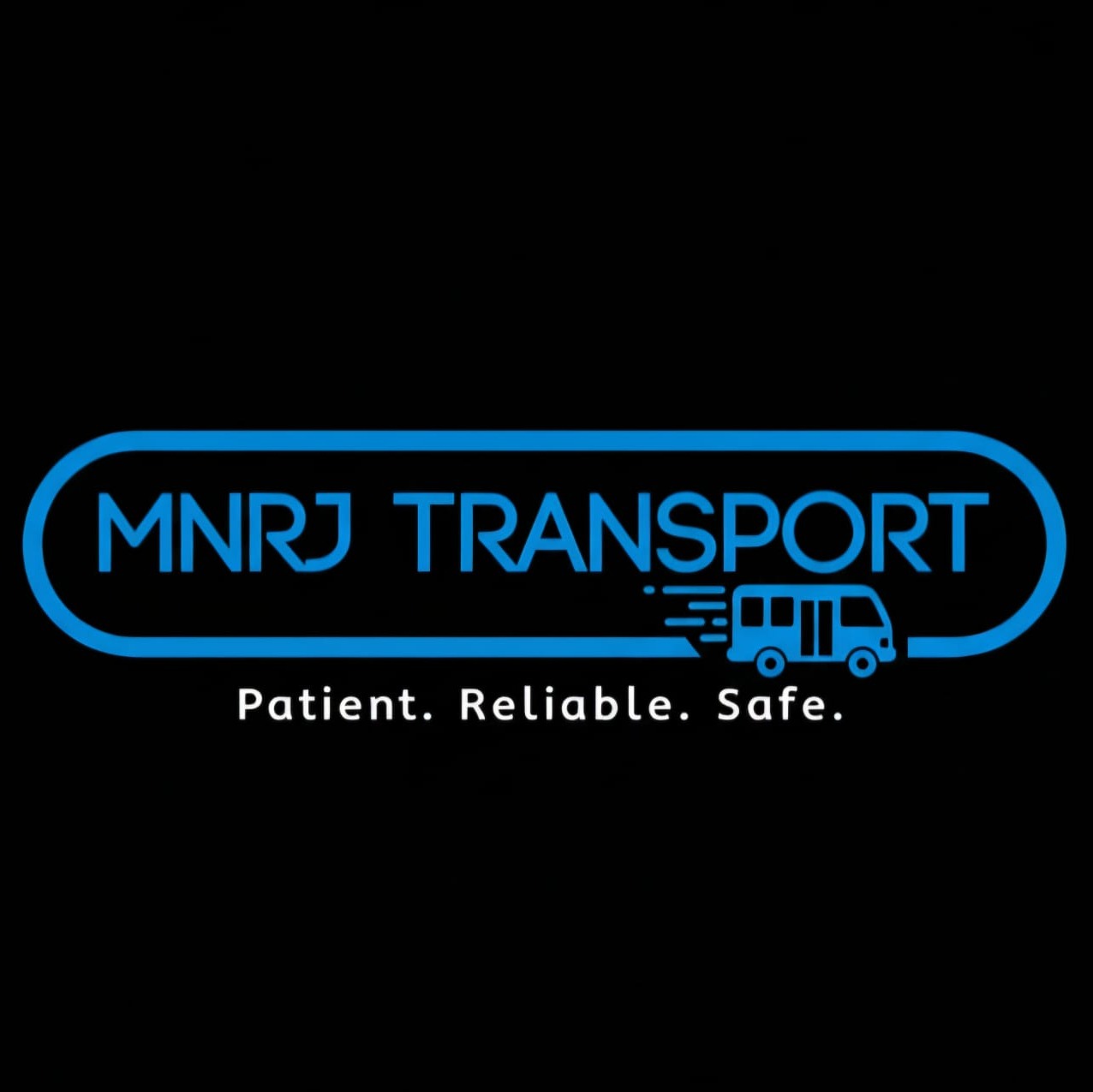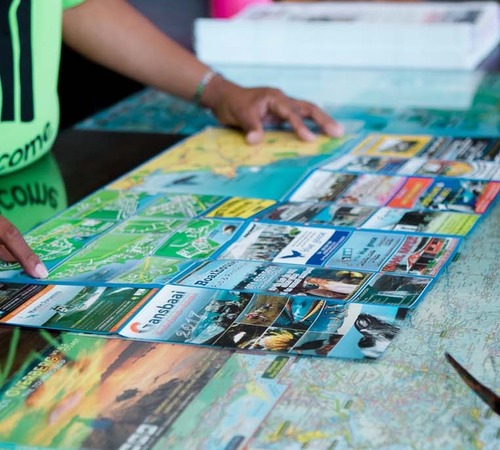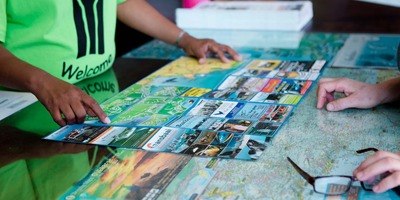Allow Your Child to Make Mistakes
Grant your child the right to make a mistake - it is not failure.
During those desperate days with a toddler, and all the mischief they get up to, my mother often said to me: “Small children small problems. Big children big problems.” And even though I might not have been able to fully understand what she was saying, I had an idea. And oh boy, was my idea limited - because I have the perfect children.
As parents we do not want to see our children hurt, struggle, in pain (physically or emotionally), disappointed, rejected, or any of the other emotional states that we experience on our path. How often might you have said: I will carry their pain for them, if only it will help. Sleepless nights are not only a phenomenon limited to those early months and years of their lives. In anger we sometimes feel as though we can just shake them and then in the next moment, we might be even angrier than they are at the “person who did them wrong”. Our frustration is because they do not want to listen and take advice.
All along, our intention has been to make it easier for them.
We do not want them to make the same mistakes as we have done. Use me as a starting block and go beyond.
The truth is that we are playing a part in what they are experiencing now. Be it that our children come from a home where one or both parents might have been emotionally or physically abused - as in the case of a narcissistic parent. If we as parents feel insecure or unsure, we unintentionally carry our fears over to our children. When we hover over them and do not allow them to experience this life they are here to live, we limit their experience. When we carry our old family culture over and we do not even know where it stems from.
Yes, as our children are growing up, it is often exactly because of “our good intentions” as parents that they grow up in inconvenient situations because they want to break those old chains and be free.
Now, this does not mean that you must fall into depression, as punishment lock yourself up in a dungeon, or withdraw from your child and their life. Remember every situation we encounter is a two-way street. Your child needs to learn lessons so they may become the incredible person they are destined to be. And you, the parent, need to learn to forgive yourself (oh boy, that is a hard one), allow them to discover and be available when they fall, and they reach out. Our hardest lesson as parents is to sit back, in pain and anxiety, and allow them to learn.
Today I understand: small children, small problems. Standing by, walking behind them, running next to them while they say: “Leave, I can.” They are learning to feed themselves, to walk, or to ride a bicycle. Sometimes our heart wants to stop, but we allow them to go ahead, no matter the mess, the blood, and the tears.
As they become “big children”, it is so much more difficult to stand back. Take a deep breath, breathe out slowly, become quiet, and wait for what must be learned to be learned. In their own time, in their sovereignty.
By allowing our adult children to “fail”, what are we gifting them?
1. Limit their fear of failure. As little people, we learned that certain things are “dangerous”, simply through the behaviour of our parents. We also learned that these “dangerous” situations often lead to tears, bandages, or some form of punishment. As we grow up, this is running within our subconscious programming, and we instinctively fear “failure”. Except, if we can allow our children to fail, show them that they can get up, clean up, and learn that there is always a lesson involved, our children will not fear failure. They will be willing to go out and take calculated risks all in the process of discovering who they are, what they like, their limitations, how to go about it differently, etc. It is through our “failure” that we learn our greatest lessons. You can tell someone how many times if they ride on the two back legs of a chair it could slip from under them and they could get hurt. That has never stopped any child from having a go at it, until they either get a fright or they get hurt. And that is how it works even with us - don’t tell me what I can and cannot do. Allow your child to discover for themselves - in their discovery they might find a solution to a long-standing problem. The greatest gift is that they no longer make their life small because of fear.
2. Problem-solving and reasoning. Give your child the opportunity to think outside of the box. Let them become creative, and let them learn what are their strengths and weaknesses. Through the discovery of this, they will learn which situations to enter with caution, which to avoid, and which to take by the horns. If they never discover any of this, they will always remain fearful, live limited lives, and never achieve their true calling. Your child runs the risk of feeling unworthy. They have no value - because they must always be told. It becomes difficult for them to set boundaries and stand up for themselves. It is through this process that we allow them to “speak in their own voice” (as my daughter often says). Allow them to be different to you. Allow them to be unique. Allow them to discover their own path.
3. Responsibility. We live in a society where we always blame the other person. We blame other people for our anger, our failure, our sadness, etc. We never take responsibility for our emotional state and the resulting actions. In anger we might lash out uncontrollably. In hurt we might isolate and build huge emotional walls that leads to more sadness. It is important to learn that whatever we do, the action we decide to take or not to take, comes with responsibility. As the old saying goes: “We must face the music”. Through responsibility we become empowered, we know our strengths. Our confidence grows and we live in a place of knowledge and wisdom. By taking responsibility for your life, you move from victim to triumph. We rise, we live our true purpose, and we experience this life that is ours to live.
4. Confidence. If we always tell our children what to do, how to act, and when to do whatever, they will always doubt themselves in a crisis. The “voice” is not there to give them guidance. They will become “paralyzed” in their thoughts and actions. What greater gift to give someone than the right to develop their own confidence. To discover the amazing human, they are. To stand in the power of their strengths and weaknesses. Having true confidence is not an exaggerated sense of self-importance. True confidence means that you are okay with all you are. It gives you the freedom to decide for yourself and to choose in the future what you want to experience and what not. They choose, they no longer fear. Confidence will be the game-changer in their future.
Nobody ever said being a parent is easy. Never were we handed a manual. What does help is when we place ourselves in their shoes for a moment and think back to when we were that old. What did you want more than anything? To be an adult, to be grown up, to be different from your parents because they are so old fashioned, to be ourselves. That is what your child wants to learn through their challenging times - their uniqueness. Give it to them. Always remind them of your love, breathe deep and slow, and allow...
(This blog does not apply to life-threatening situations - please seek professional assistance for you and your child.)







.jpg?width=200&height=94)





























